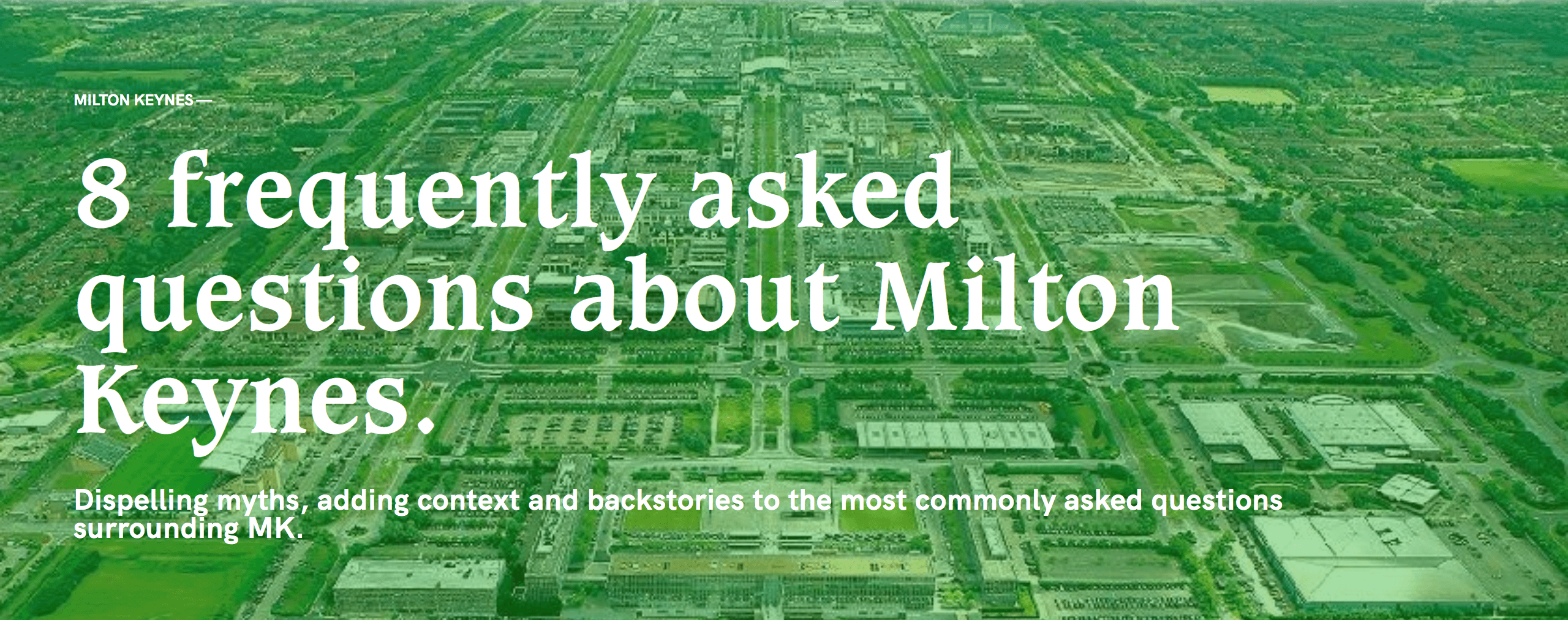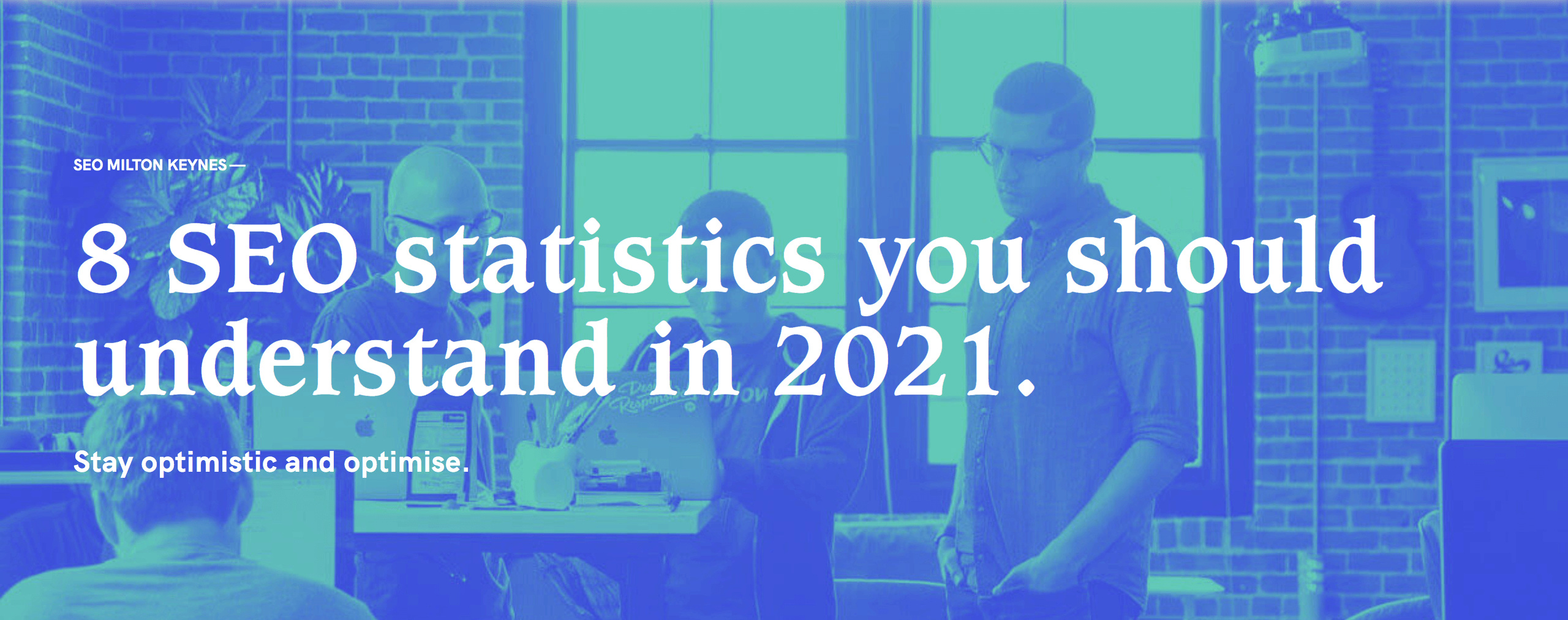On-Page Optimisation explained
In the ever-evolving landscape of digital marketing, on-page SEO (Search Engine Optimisation) remains a cornerstone for improving your website's visibility in search engine results.
Whether you're a seasoned webmaster or just starting your online journey, understanding and implementing on-page SEO is essential for reaching your audience effectively. In this comprehensive guide, we'll explore the intricacies of on-page SEO and provide actionable insights for website owners to boost their search engine rankings and enhance user experience.
What is On-Page SEO?
On-page SEO encompasses all the strategies and tactics that you can apply directly on your website to optimise it for search engines. It involves the elements you can control and modify within your website to improve its visibility and relevance to search engines like Google.
Properly executed on-page SEO not only enhances your search engine rankings but also enhances the user experience, making it a win-win for both your website and your audience.
Need some support?
✔️ Improve your Google ranking
✔️ Understand your site performance
The Importance of On-Page SEO
Before we dive into the nitty-gritty of on-page SEO, let's explore why it's so crucial for website owners:
1. Search Engine Visibility
The primary goal of on-page SEO is to ensure that search engines can easily crawl and index your website's content. When done correctly, your site is more likely to appear in search engine results for relevant queries, thus increasing visibility.
2. Improved Rankings
On-page SEO is one of the key factors influencing your website's search engine rankings. By optimising your content and structure, you can boost your position on search engine results pages (SERPs), which can result in more organic traffic.
3. Enhanced User Experience
A well-optimised website not only appeals to search engines but also caters to the needs of your human visitors. By providing a seamless, user-friendly experience, you'll keep your audience engaged and coming back for more.
4. Better Conversions
Optimising your website for search engines often aligns with optimising it for users. As a result, you're more likely to see an increase in conversions, whether it's making a purchase, signing up for a newsletter, or any other desired action.
Key Components of On-Page SEO
Now, let's break down the essential elements of on-page SEO and provide guidance on how to optimise each one:
1. High-Quality Content
High-quality, relevant, and valuable content is the foundation of on-page SEO. Your content should be well-researched, informative, and engaging. Use keywords strategically but avoid keyword stuffing, as it can harm your rankings.
2. Keyword Optimisation
Keywords are central to on-page SEO. Perform keyword research to identify the most relevant keywords for your content. Include them in your titles, headings, and throughout the content naturally. Use tools like Google's Keyword Planner or third-party options like SEMrush and Ahrefs to identify the best keywords for your niche.
3. Titles and Meta Descriptions
Your page title and meta description are the first things users see in search results. Craft compelling, descriptive titles and meta descriptions that encourage clicks. Include your target keyword in these elements, but make sure they accurately represent the content.
4. Header Tags (H1, H2, H3, etc.)
Use header tags to structure your content. The H1 tag should be reserved for the main title, and subsequent headers (H2, H3, etc.) should organise the content hierarchically. Including keywords in your headers helps search engines understand the content's structure and relevance.
5. Internal and External Links
Linking is a vital aspect of on-page SEO. Internally, link to relevant pages within your website to improve navigation and spread link equity. Externally, link to high-quality, authoritative sources to enhance your content's credibility. Avoid broken or irrelevant links.
6. Image Optimisation
Images add value to your content but can also slow down your website if not optimised. Compress images to reduce file sizes, use descriptive file names, and include alt text that describes the image's content. Alt text is important for accessibility and SEO.
7. Page Loading Speed
Page speed is a ranking factor, and it greatly influences user experience. Optimise your website for faster loading times by compressing images, leveraging browser caching, and using Content Delivery Networks (CDNs) if necessary.
8. Mobile Responsiveness
With the increasing use of mobile devices, ensuring your website is mobile-friendly is essential. Use responsive design to ensure your site adapts to various screen sizes. Google considers mobile-friendliness when ranking websites in mobile search results.
9. URL Structure
Create clean and descriptive URLs that include your target keywords when possible. Avoid using generic URL parameters and prioritise a logical, readable structure.
On-Page SEO Best Practices
Here are some best practices to keep in mind as you implement on-page SEO:
- Regularly update and refresh your content to keep it relevant and engaging.
- Use schema markup to provide search engines with additional information about your content.
- Monitor your website's analytics and track your rankings to measure the impact of your on-page SEO efforts.
- Use a secure HTTPS connection to protect user data and improve rankings.
- Optimise your website for local search if you have a physical location by creating and maintaining a Google Business Profile listing.
Conclusion
On-page SEO is the foundation of a successful online presence. By optimising your website's content, structure, and user experience, you can enhance your search engine visibility and provide value to your audience. As a website owner, investing time and effort into on-page SEO can lead to increased traffic, better rankings, and a more satisfied user base.
Remember that SEO is an ongoing process, and staying up-to-date with industry trends and algorithm changes is crucial. By consistently applying on-page SEO best practices, you'll be well on your way to building a website that not only ranks higher in search results but also provides a seamless experience for your visitors.
FULLTIME.digital build and optimise websites specific to your needs and your business. Want to get serious about your website?
Get in touch and talk to the team.


